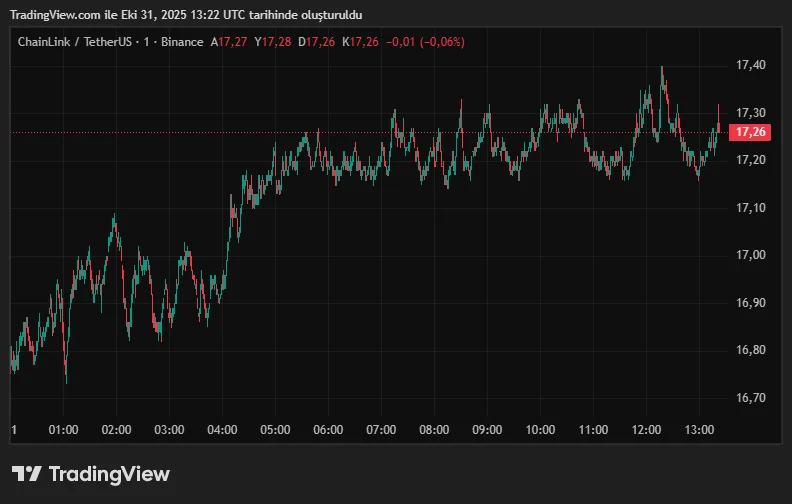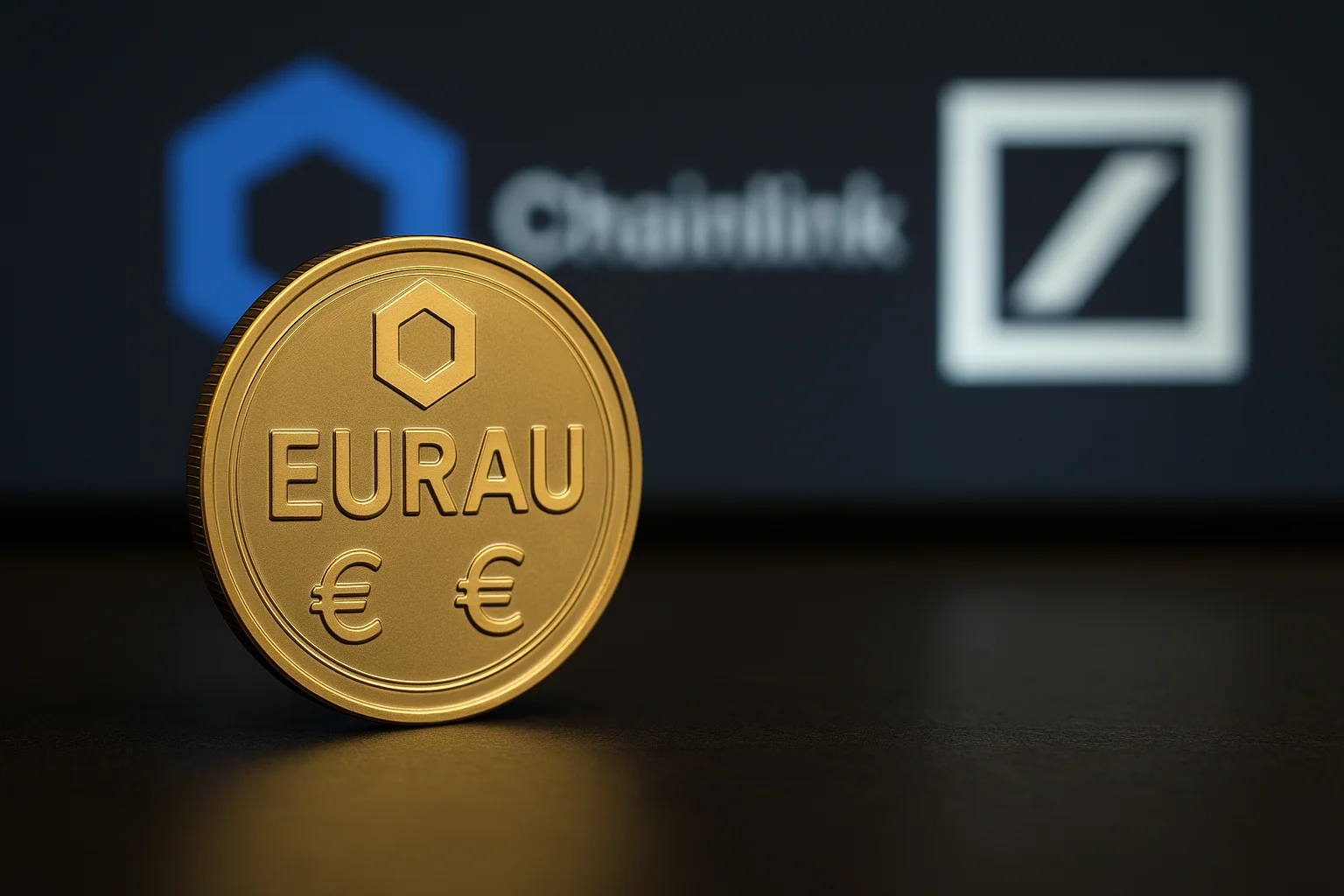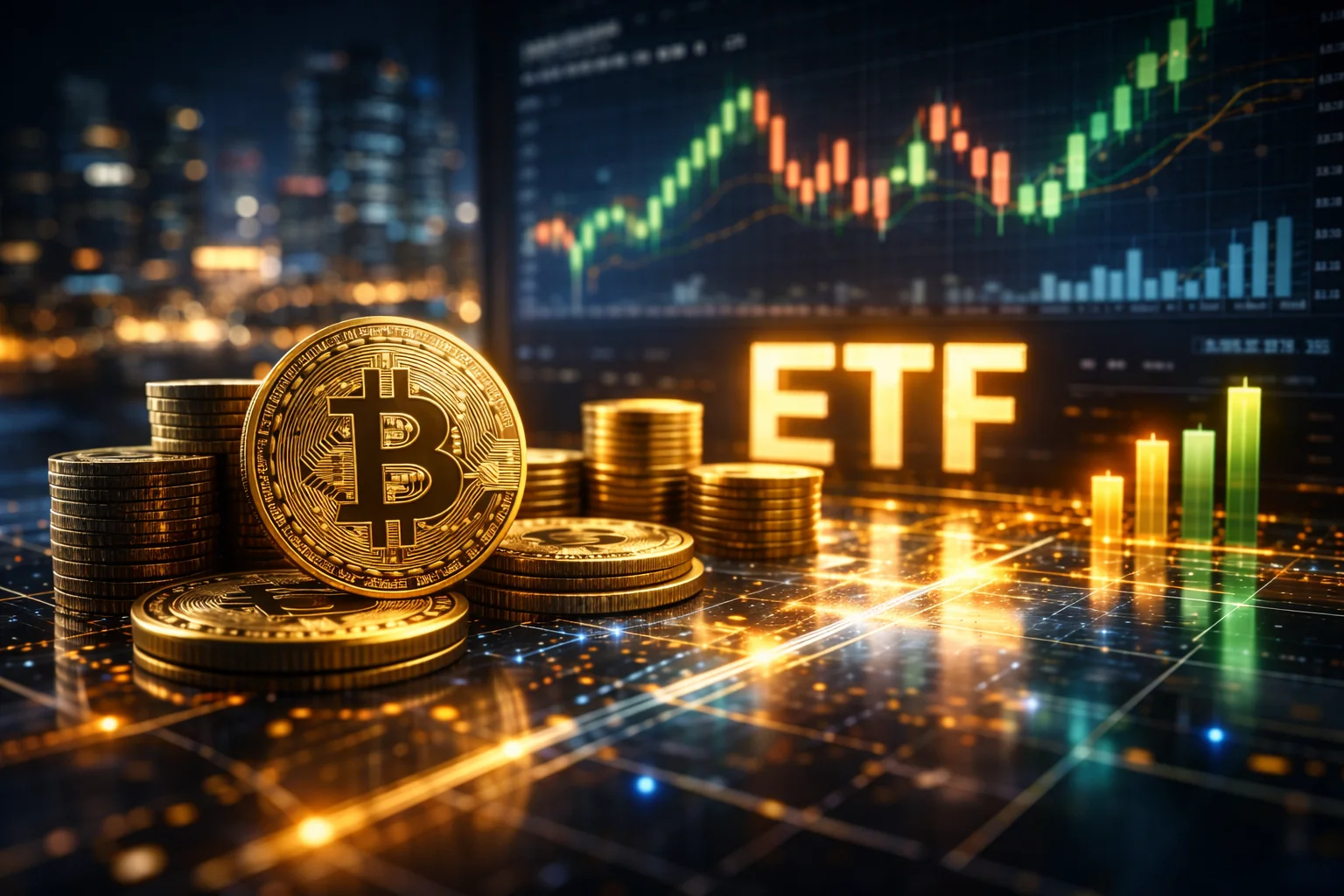AllUnity, a joint project between Deutsche Bank and DWS, is opening a new chapter in Europe's digital finance landscape. EURAU, the company's euro-backed stablecoin, is now multi-blockchain supported using the Cross-Chain Interoperability Protocol (CCIP) infrastructure developed by Chainlink. This allows EURAU to operate on Ethereum, Arbitrum, Base, Optimism, Polygon, and Solana networks, and will also integrate with the corporate finance-focused Canton Network in the future.
EURAU will use Chainlink infrastructure
AllUnity's euro-backed stablecoin, EURAU, is taking a significant step into Europe's digital finance scene. Developed as a joint venture between Deutsche Bank and asset management giant DWS, the project is migrating to multi-blockchain supported using Chainlink's Cross-Chain Interoperability Protocol (CCIP) infrastructure. This integration will enable EURAU to operate on Ethereum, Arbitrum, Base, Optimism, Polygon, and Solana networks. The company also plans to expand to the Canton Network, which focuses on corporate finance applications. AllUnity CEO Alexander Höptner stated that this step will enable EURAU to “operate seamlessly across different blockchains,” significantly expanding its usability and reach. Fernando Vazquez, head of banking and capital markets at Chainlink Labs, described the integration as “a fundamental step that accelerates the transition to a new era of tokenization in Europe.”
EURAU is based on MiCA compliance and full reserve assurance. Licensed under MiCA, the European Union’s comprehensive framework for regulating crypto assets, the stablecoin targets institutional clients rather than individual investors. This allows EURAU to be used in B2B payments, treasury management, and on-chain settlement processes. With the license it received from the German financial supervisory authority BaFin in July, the project became one of the first officially regulated euro stablecoins in Europe.
Chainlink’s CCIP technology enables the secure transfer of data, tokens, and messages between different networks. In this system, Chainlink acts as a bridge between blockchains, enabling smart contracts to communicate with each other. AllUnity's choice of this infrastructure sets a significant precedent for enabling European financial institutions to securely participate in the tokenization process.
The two major institutions behind AllUnity lend significant weight to the project. As of March 2025, DWS managed over €1 trillion in assets, while Deutsche Bank's balance sheet exceeded $1.6 trillion.
Eurau's transition to multi-network support could fill a long-needed gap in Europe's cryptofinance ecosystem. A euro stablecoin that is both regulatory-compliant and cross-chain interoperable is poised to play a central role in Europe's tokenization vision.
At the time of writing, the LINK price appears largely unaffected by these developments. The coin is up 2% at $17.25.





